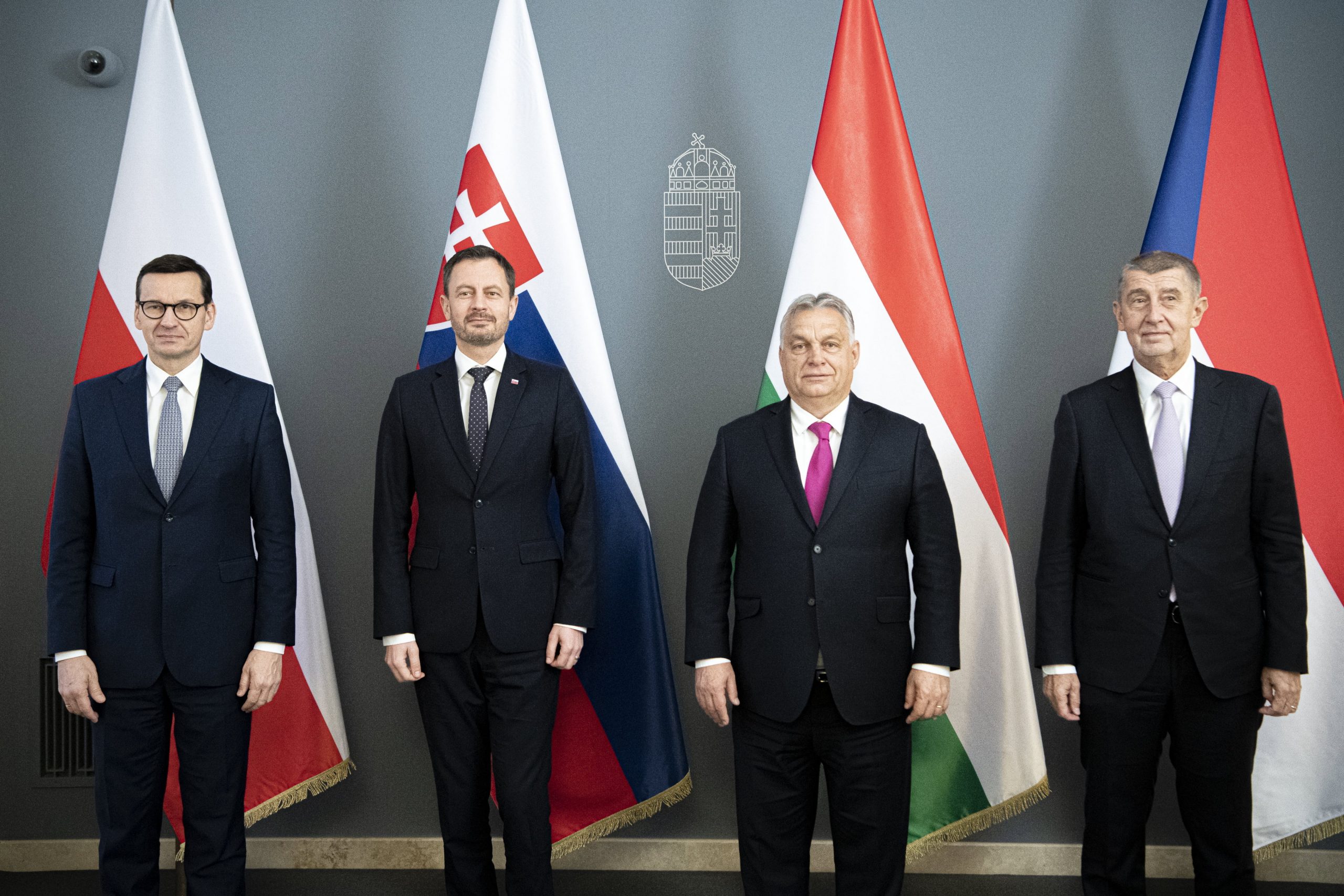
Good afternoon, Ladies and Gentlemen.
I thank my friend Prime Minister Babiš for inviting us here; it was good to meet friends again. I will continue today’s discussions with the Prime Minister of Slovakia in Pest [Budapest] tomorrow – thank you for visiting us. In the meantime I would like to express my appreciation. In relation to coronavirus, the prime ministers here today are from four successful countries: when compared with the rest of Europe these four countries have been extremely successful in defending themselves. We have saved many tens of thousands of lives. And today we came together to discuss how we will save many hundreds of thousands of jobs. We have issued a statement, which Hungary wholeheartedly supports, containing everything that is important to us. This statement demonstrates the unity of the V4 countries.
With regard to the relaunch of the European economy, I will openly tell you that the whole idea of what is called “the New Generation” is philosophically very far from what Hungarians think of the world. Hungarians think that money must first be earned before it is spent; if anyone wants to reverse this order – if they want a loan and want to spend it, and only then work for it – then they should only do so at their own risk. This is our philosophical conviction. But I now understand that the EU is adopting a completely different approach. Our attitude towards this European proposal is positive, because we understand the intention behind it: that in an extraordinary situation an extraordinary solution is needed, requiring philosophico-economic beliefs to be set aside. We are willing to accept this, and we therefore welcome this initiative.
We see this as a positive initiative, but there is still much work to be done on it. It needs to be improved in three respects. It must be stripped of its absurd elements, as on the whole rich countries would receive more money from the joint support fund than poorer countries – and this is morally unacceptable. This is a moral problem, and it must not be allowed to remain. No good economic policy can stand firmly without moral foundations. Secondly, there is a need for flexibility in the use of funds, because money is needed for different purposes in the North, in the South, in the West and in Central Europe. The flexibility of use needs to be improved. So linking use of funds to the financial period in this form is troublesome, and needs to be changed. And the third aspect that we think needs to change is the question of rebates: wealthy countries would be repaid a special amount of their contributions, just because this is what used to happen with the British. The British have left the EU, and the system of rebates is no longer morally sustainable. This must be recognised by the rich countries, and it must be abandoned.
So Hungary wants to see the construction of a fair economic relaunch package, stripped of discriminatory elements. Portugal, say, is comparable in area and population – ten million – to Hungary; and within the EU it is at the same level of development. And yet if I look at Portugal I see it would get a lot of help, and Hungary would get 30 per cent less. This is certainly not so good, and so these anomalies need to be eliminated. If this can be managed, then this proposal can be supported.
Thank you for your attention.
